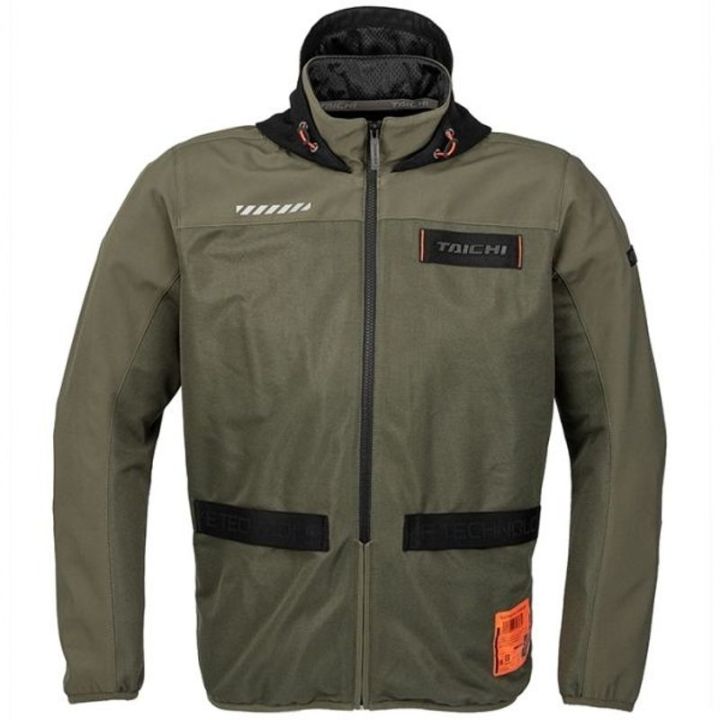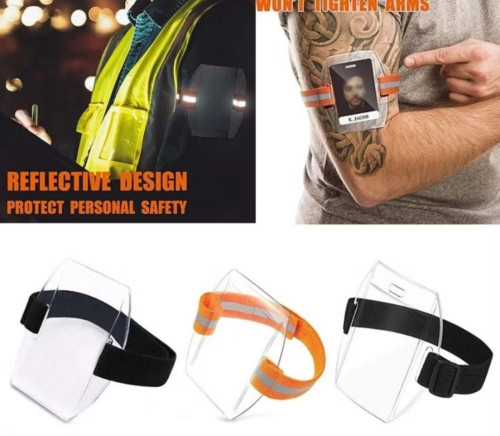QUOTE(alexei @ Sep 18 2025, 09:07 AM)
I'm just reading some practical tips, and leave some judgements aside
who knows I may need it someday
say for example, a modular helmet is 'less' safe than a full face; or a DD ring is safer than ratcheting mechanism - but there's a grey area between how safe you can be, vs getting tired and fatigued to the point of reducing our riding focus
anything that makes a whole riding experience more comfortable, can actually increase safety marginsome ppl including myself, do not like holding up traffic
I feel bad just causing a slow traffic who knows some poor fella behind is doing a toilet run
the bottom line is, we ride our own ride
but, opinions will vary and it's good to keep a positive riding community and exchange experiences and ideas
I keep coming back because I feel bikerbase has a pretty healthy group
Yes indeed. To add a few points....
I feel for newer riders, getting too stressed out is the main reason getting fatigue for longer rides. When you are tired, things have a higher chance of going wrong.
A couple of tips.
1) Look further ahead - Looking further ahead give you more time to process what is going on and anticipate traffic situation
2) Learn proper riding position - Proper foot placements, being loose on the bars and supporting your weight with your core and legs will allow you to relax on a ride and make emergency maneuvers quicker and easier than if you are all locked in
3) Bike setup - All bikes will have some minimal adjustment possibilities. Don't be afraid to make adjustments for a more comfortable position that suits you and we are all built differently. Proper lever levels and positions will help in emergencies as well. Almost all bikes have clutch and brake levers in the incorrect position from the factory (ie, set too high).
4) Additonal training/riding - Go for a track day, go off road. Vary your riding experience. Know how your bike handles at the limit or at loose surfaces. Feel how the bike handles when things gets sketchy in a controlled safer environment. This will help you learn to work with the bike and not fight it, giving you more confidence and able to relax for longer rides reducing fatigue and increasing your safety margin.
These are basic fundamentals that I see a lot of newer riders (and some seasoned riders) fail to check off because either they werent informed for know better.
I used to be a advanced driving instructor (advanced safety and track driving), so these are what we teach students. Most of these skills can be applied both on 4 wheels and 2 wheels. Of course these are not all inclusive, and more seat time or training will further improve this.
If any of you had sat in a race bucket, you would be surprised just how upright the driving position is and how loose your arms are in order to steer a car properly, something almost everyone does wrong.
This post has been edited by jaycee1: Sep 18 2025, 10:27 AM 

 Sep 8 2025, 04:38 PM
Sep 8 2025, 04:38 PM

 Quote
Quote


 [/url]
[/url]

 0.0171sec
0.0171sec
 0.57
0.57
 6 queries
6 queries
 GZIP Disabled
GZIP Disabled